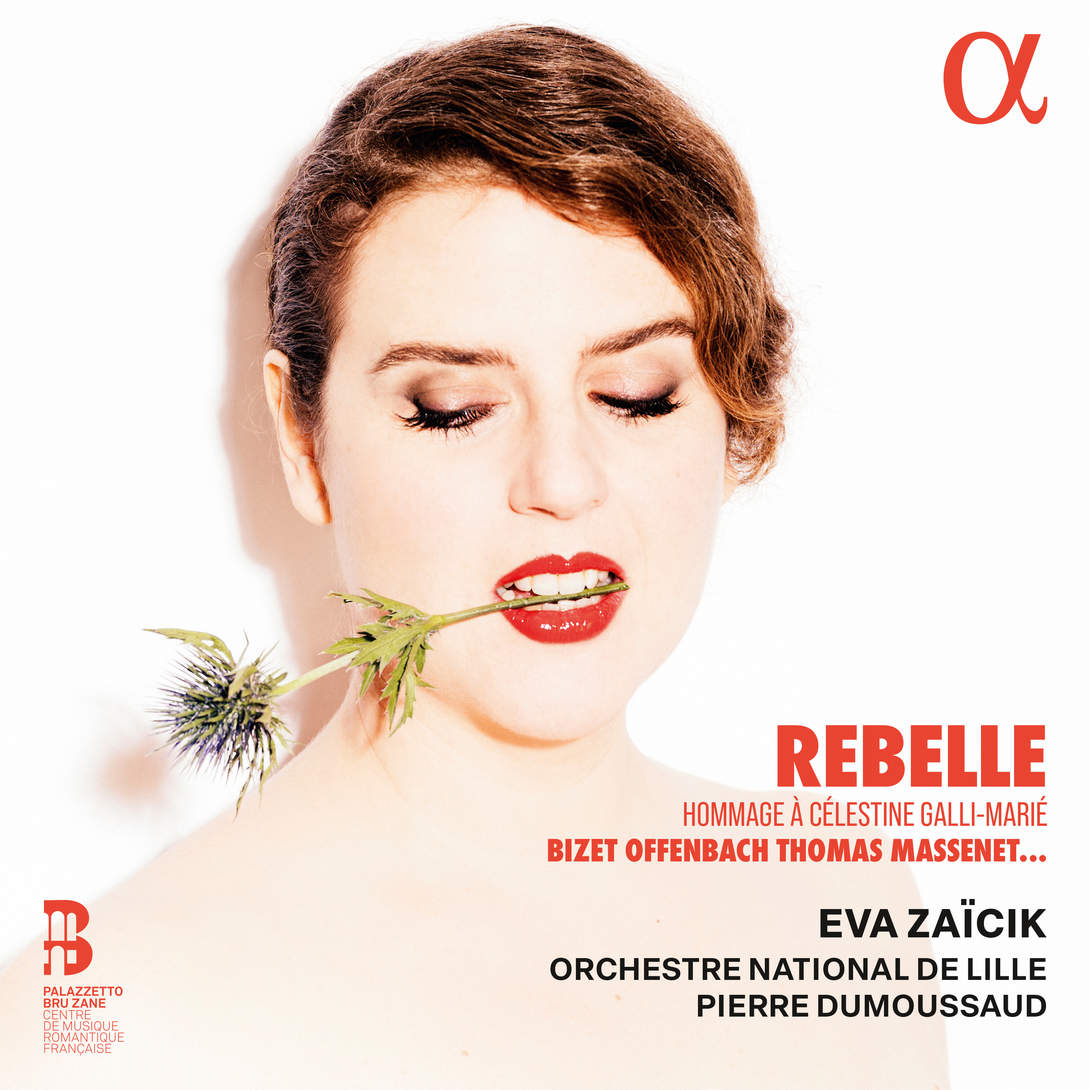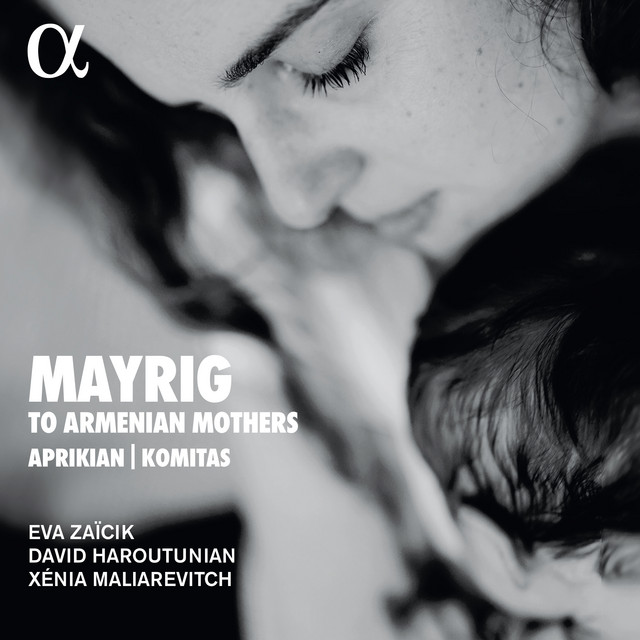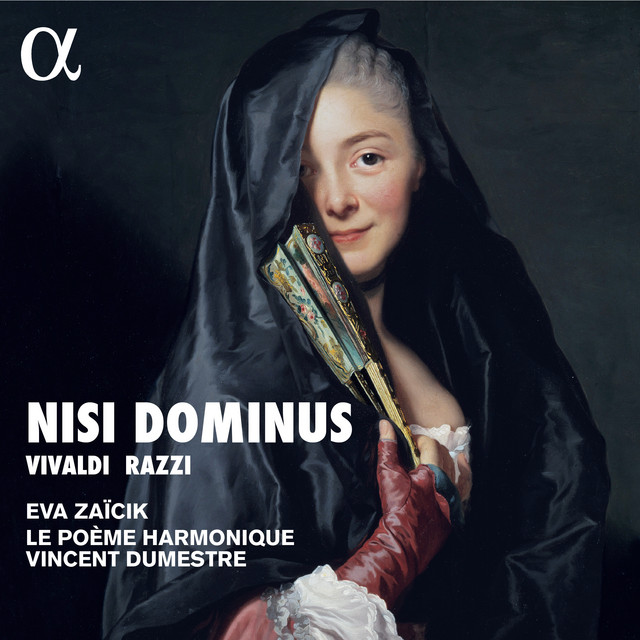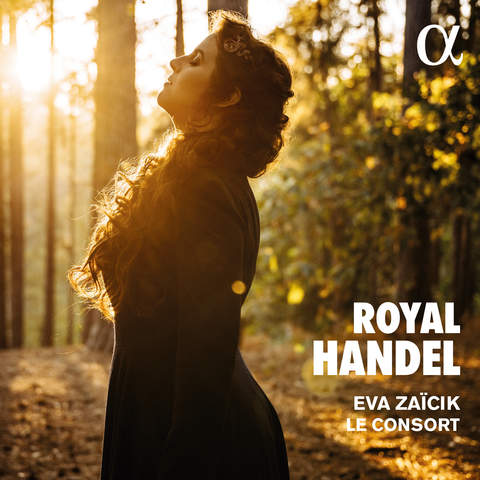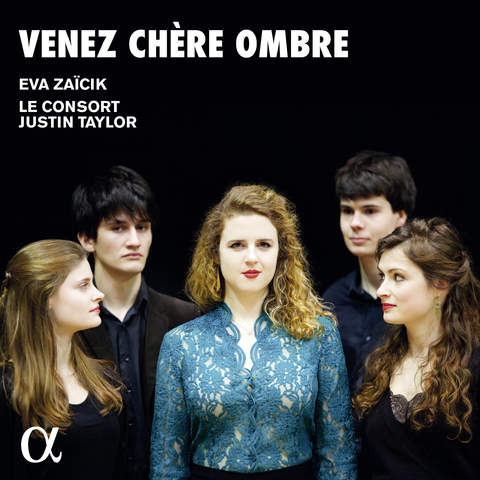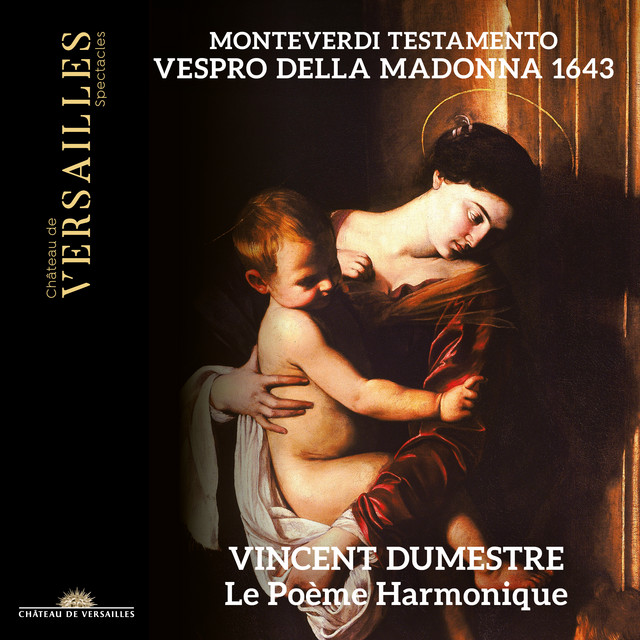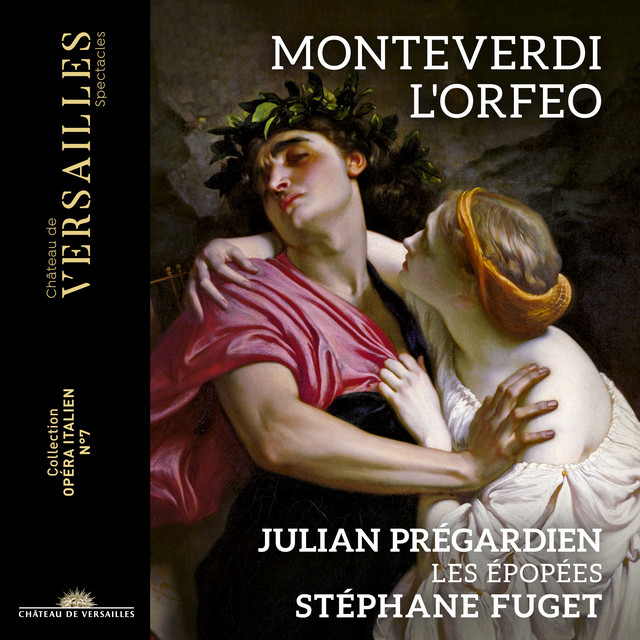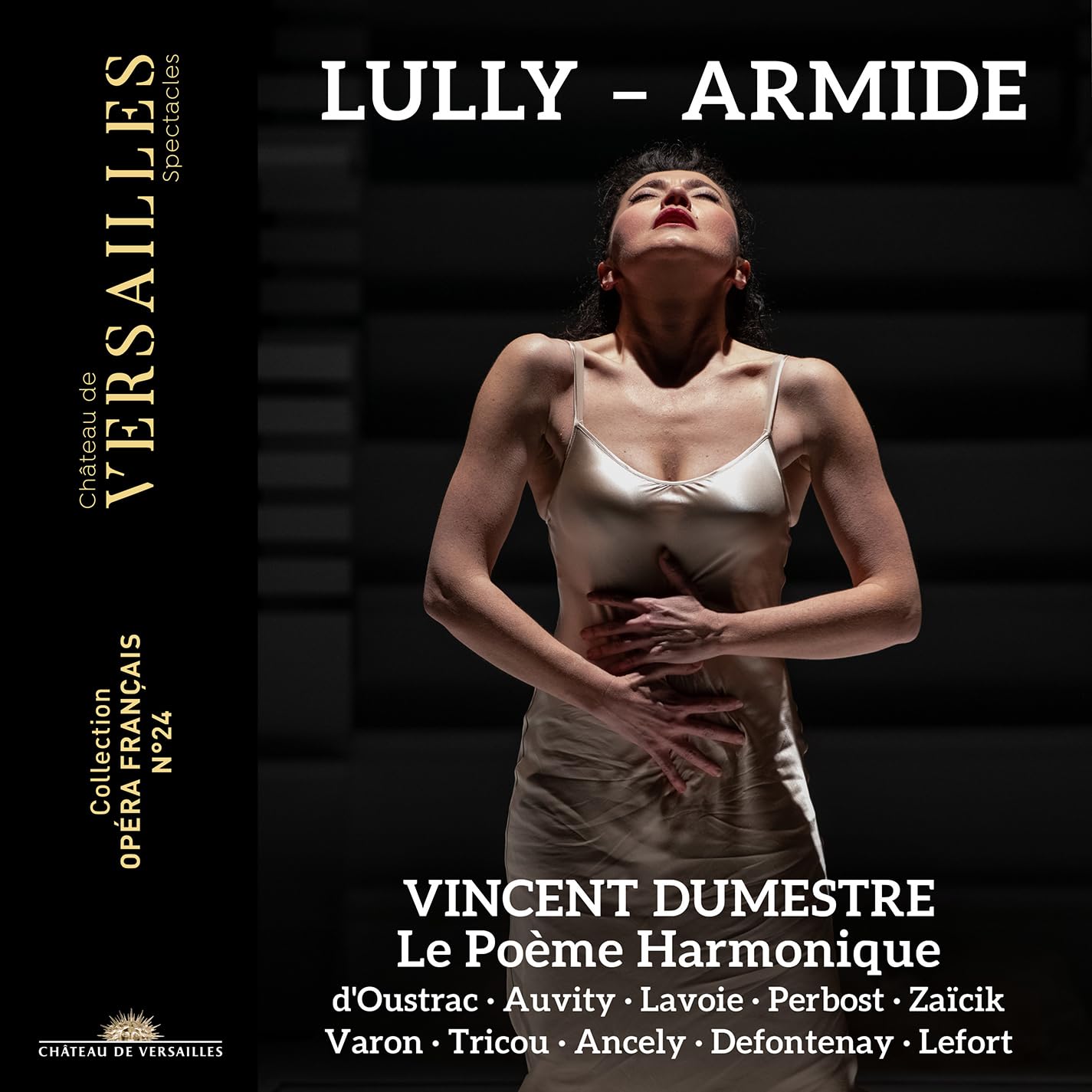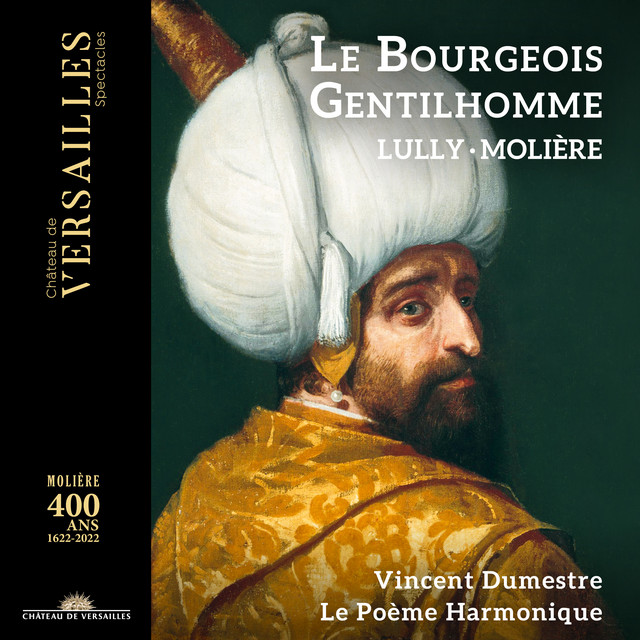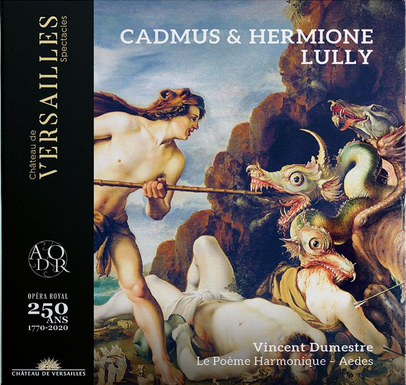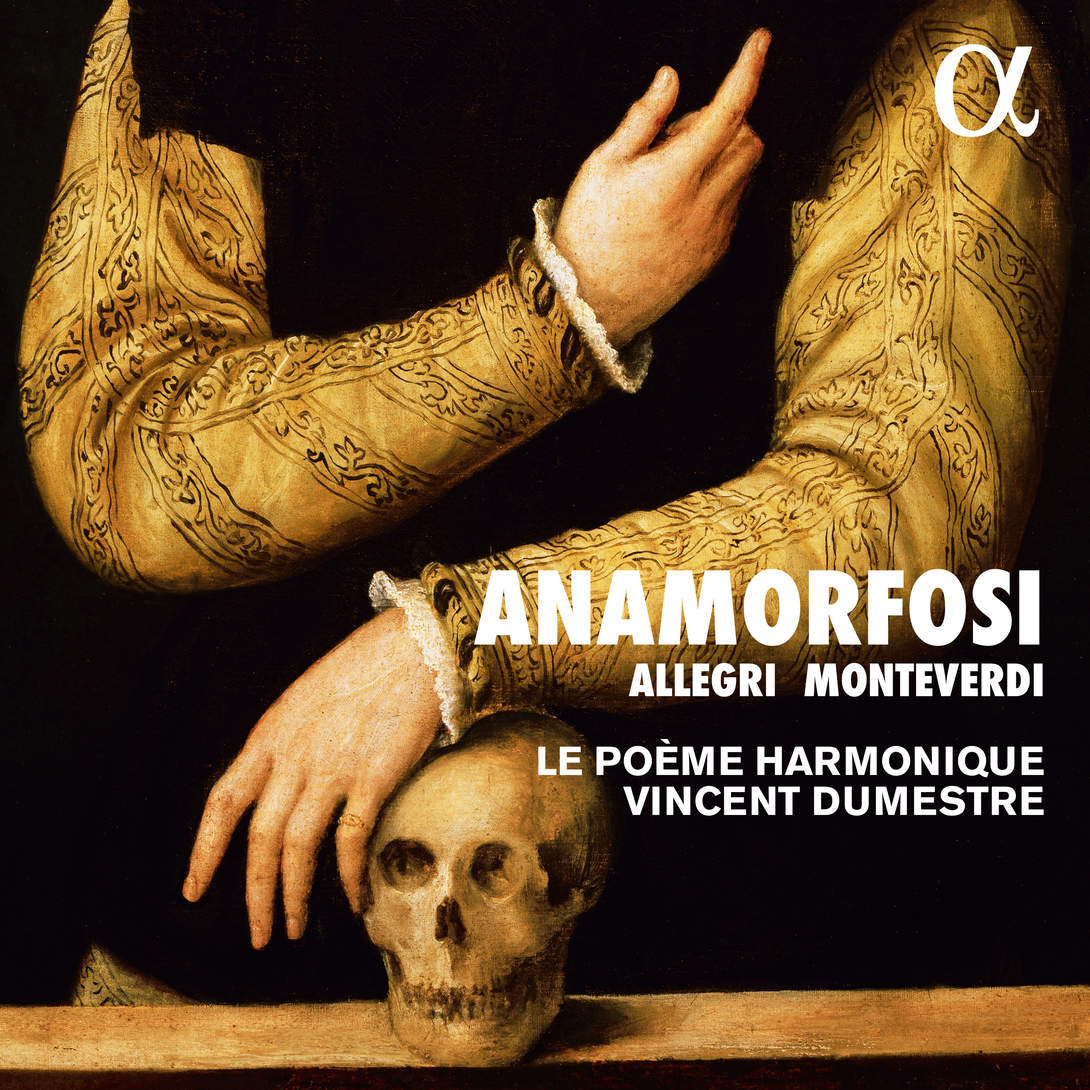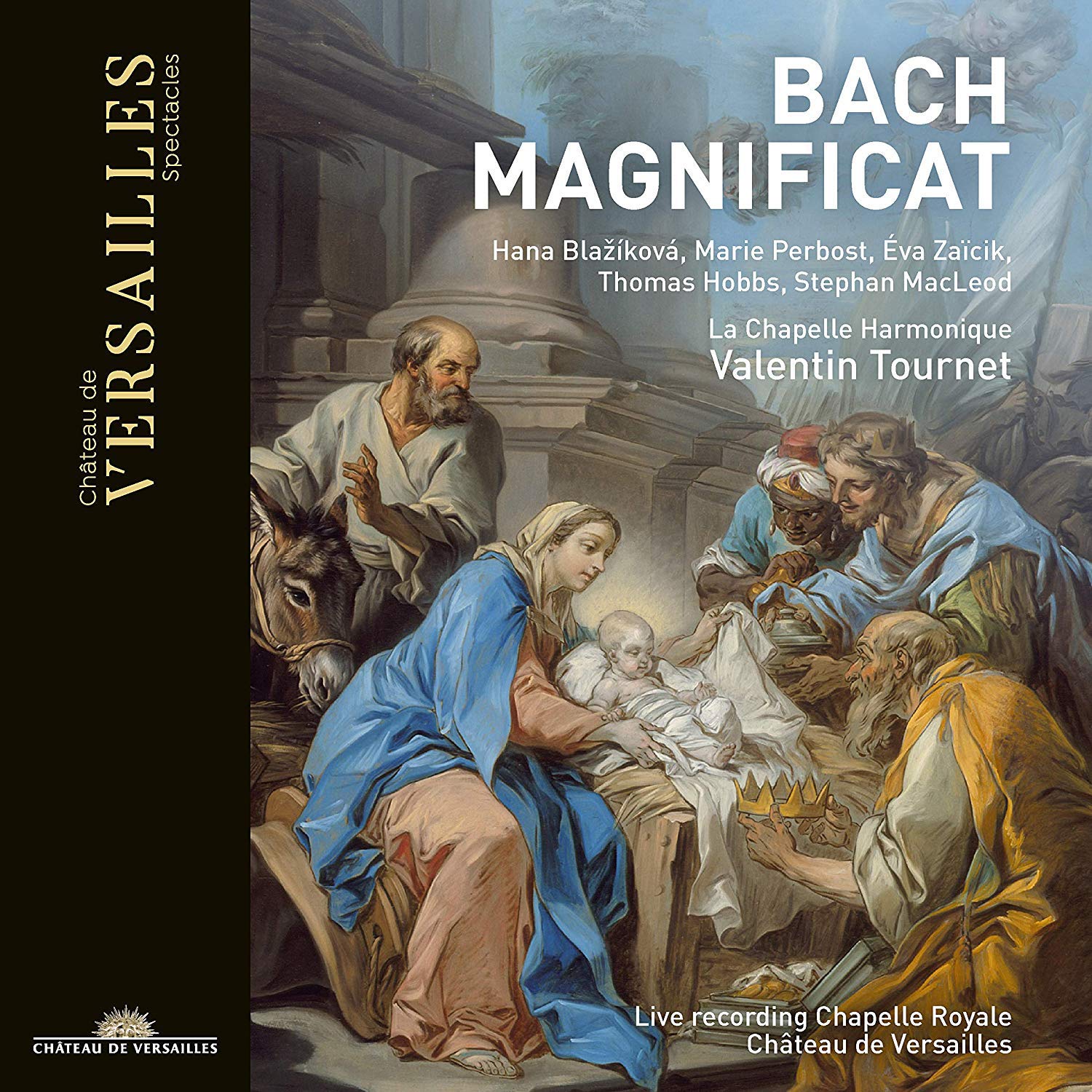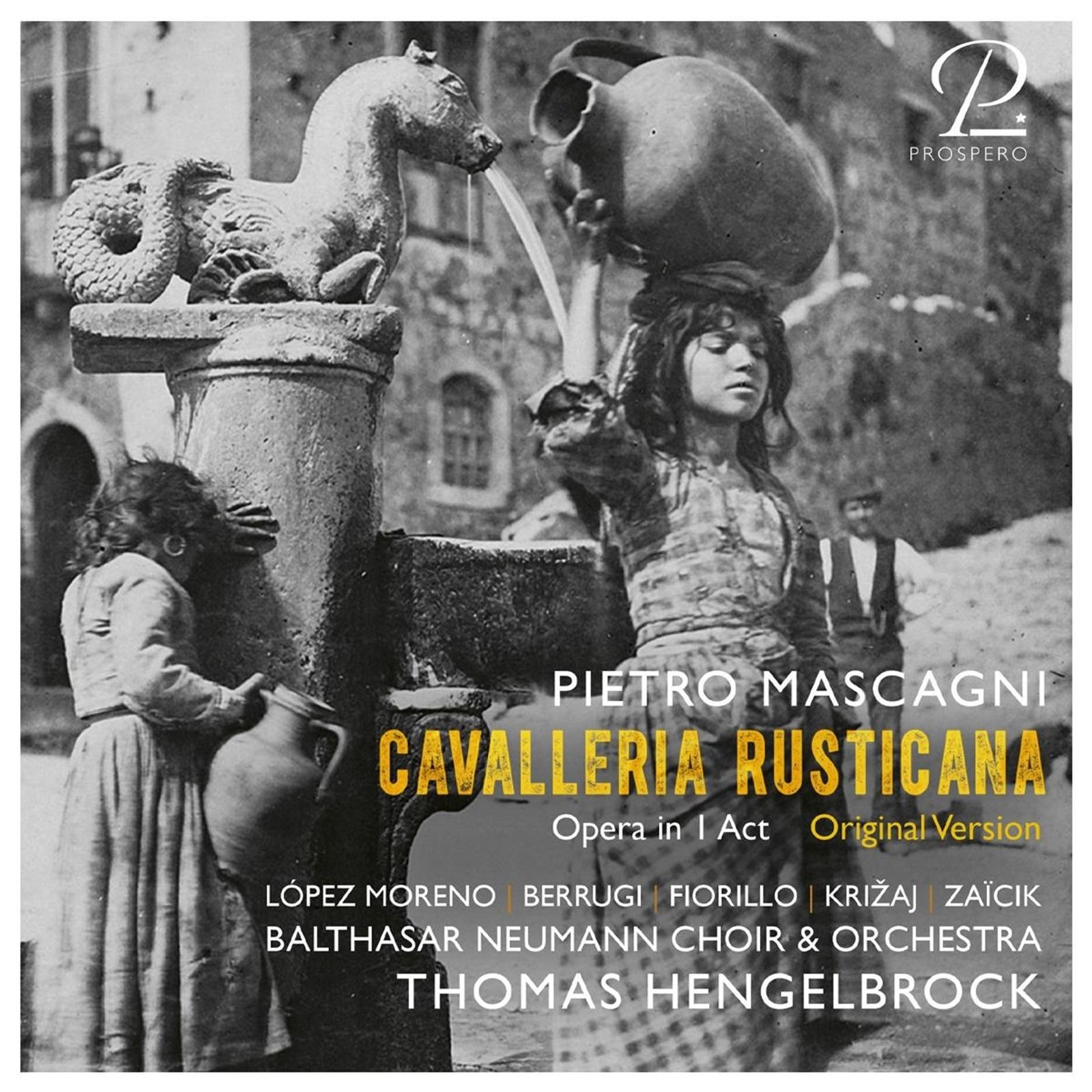To mark the hundred and fiftieth anniversary of Bizet’s death and the premiere of his cult Carmen, Alpha Classics and Le Palazzetto Bru Zane have chosen to pay tribute to the first Carmen, Célestine Galli-Marié, a remarkable actress-singer who created sixteen roles in fifteen years at the Opéra-Comique, including – in addition to Carmen – the emblematic Mignon by Ambroise Thomas and Fantasio by Jacques Offenbach. Eva Zaïcik is delighted to slip into the shoes of this colourful artist: “Célestine embodies a certain idea of artistic and feminine rebellion. With her voice, charisma and unique theatrical approach, she has brought to life characters who are free, complex and often at odds with the norms of their time. With the committed support of Pierre Dumoussaud and the Orchestre National de Lille, the French mezzo brilliantly embodies all these characters and, alongside Bizet, Massenet, Offenbach and Thomas, breathes new life into the arias of Paladilhe, Poise, Deffès, Massé, Guiraud, Cohen and Grisar.
Nisi Dominus à Venise
Vincent Dumestre & Le Poème Harmonique
In 1906, Komitas gave a concert and a lecture in Paris. Debussy went on stage at the end of the concert and knelt before the Armenian composer (who was also a priest, singer and pioneer of ethnomusicology), exclaiming: “I bow before your genius, Holy Father”.
“Komitas is the voice of the land of Armenia, of its churches and its stones, which for centuries have remained silent,” continues violinist David Haroutunian. Together with mezzo-soprano Eva Zaïcik, who has fallen in love with these melodies, and pianist Xénia Maliarevitch, they pay tribute to this great musician, as well as to Franco-Armenian composer Garbis Aprikian. Heir to Komitas and pupil of Olivier Messiaen, he made a major contribution to the dissemination of Armenian music, both classical and popular, in France and beyond. His Lamento opens the album, a beautiful evocation and touching tribute to Komitas.
Monteverdi – Vespro della Beata Vergine
Raphaël Pichon, Ensemble Pygmalion
In the 17th century, the Ospedale della Pietà in Venice took in young orphan girls who received advanced musical training. The concerts given there attracted visitors from all over the world, curious to hear these divine but invisible voices, since the young girls performed hidden behind the railings of the Chapel gallery… Vivaldi became Maestro de’Concerti of the Pietà in 1714 and his pupils were to perform his famous Nisi Dominus . Today, mezzo-soprano Eva Zaïcik is its messenger, giving full expression to the poignant Cum dederit… Another motet by Vivaldi, Invicti bellate, also composed for the Pietà, also features in this programme conceived and conducted by Vincent Dumestre. He invites us on a musical journey centred on the female figure and divine praise, with composers yet to be discovered such as Serafino Razzi (1534-1619) and Soto de Langa (1531-1611).
Lully – Phaéton
Le Poème Harmonique
London, 1719: the Royal Academy of Music was founded under the musical direction of Georg Friedrich Handel. An ambitious man, he wanted to make London the new centre of Italian opera and invited two composers from Italy, Attilio Ariosti and Giovanni Battista Bononcini.
For nine years, more than 460 performances brought the stage of the King’s Theatre to life, where Handel created his masterpieces such as Giulio Cesare, Ottone and Radamisto. Ariosti and Bononcini also left their mark during this period with notable works, including Coriolano and his famous aria Sagri numi.
The ROYAL HANDEL album pays tribute to this musical effervescence. Eva Zaïcik and Le Consort reveal the richness of the Haendelian repertoire and resurrect little-known treasures by Ariosti and Bononcini, combining virtuosity, dramatic intensity and contrapuntal finesse.
Les Ombres
Une nuit au Louvre – Récital à la bougie
Mezzo-soprano Eva Zaïcik, a rising star on the opera scene, joins Les Ombres for a spellbinding evening dedicated to the vocal treasures of the 17th century, at the dawn of the Baroque. Concert recorded on 2 October 2020 at 6pm, Festival d’Ambronay.
Mezzo-soprano Eva Zaïcik joins the Alpha label for several recordings. A lyric revelation at the 2018 Victoires de la Musique Classique awards and a finalist in the Queen Elisabeth competition, she is establishing herself as one of the leading voices of her generation. After a spell with William Christie’s Jardin des Voix, she went on to work with Le Poème Harmonique and Vincent Dumestre, but it is with Justin Taylor that she shares a unique musical complicity.
With Le Consort, which they co-founded with Théotime Langlois de Swarte, Sophie de Bardonnèche and Louise Pierrard, they explore the baroque repertoire from Charpentier to Clérambault. For this recording, devoted to French cantatas by Lefebvre, Montéclair, Clérambault and Courbois (including several previously unpublished ones), they are joined by Anna Besson (flute), Lucile Boulanger (viola da gamba) and Thibault Roussel (theorbo).
These cantatas, veritable salon operas, offer an intimate theatre in which the music subtly portrays human passions.
At the end of his life, Claudio Monteverdi gathered together his works to guide musicians in religious services, leaving a fundamental legacy to sacred music. Arriving in Venice in 1613, he composed tirelessly, between the sacred and the secular, for the glory of God and his patrons.
With this programme, Vincent Dumestre and Le Poème Harmonique celebrate this master of the 17th century, offering an immersion in his ultimate musical vision. A vibrant tribute, recorded at the Chapelle Royale in Versailles in April 2024.
Finale Reine Élisabeth
La Monnaie, Alain Altinoglu
First performed in 1607 in Mantua, Orfeo marks the birth of modern opera by infusing the characters with an unprecedented human depth. Stéphane Fuget, a specialist in the Baroque repertoire, has assembled an exceptional cast, entrusting the title role to the splendid Julian.
Stravaganza d’Amore!
Ensemble Pygmalion – Opéra Royal du Château de Versailles
The last lyric tragedy by Lully and Quinault, Armide (1686) is the culmination of their art: an intense drama in which a sorceress allows herself to be troubled by the love of the knight she was to kill. With its striking tragic beauty, the work fascinated audiences for a century.
In 1670, Molière and Lully presented Louis XIV with a dazzling comedy-ballet: Le Bourgeois Gentilhomme. With Molière’s troupe, Pierre Beauchamp’s ballets, Carlo Vigarani’s sets and the Chevalier d’Arvieux’s sumptuous Turkish costumes, the play was inspired by the Ottoman ambassador Soliman Musta Aga, mocked at court for his exotic manners.
Molière devised an intrigue based on fake Turks, making a mockery of a bourgeois in search of nobility. The show culminates in the brilliant Cérémonie Turque and the majestic Ballet des Nations. For the first time, Vincent Dumestre has recorded this sublime music in its entirety, paying tribute to the genius of Lully and Molière.
Les Amants Magnifiques
Les Malins Plaisirs, Le Concert Spirituel
In 1672, Louis XIV granted Lully the privilege of the Académie Royale de Musique. The following year, he inaugurated the lyric tragedy with Cadmus and Hermione, an immediate triumph.
Working with the librettist Philippe Quinault, he combined the splendour of court ballets with the dramatic force of French tragedy. The first tragic heroes, the first passionate duets, the first tears from the public: French opera was born. Until his death in 1687, Lully would never cease to amaze and be performed right up until the Revolution.
In 2008, Vincent Dumestre brought this masterpiece back to life. Now, with a decade of experience behind him, he is recording it to celebrate the 350th anniversary of the Royal Academy of Music.
Monteverdi – Rossi and Allegri
Le Poème Harmonique led by Vincent Dumestre – Early Music Festival
Since its composition in Rome in 1630, Allegri’s Miserere has been constantly evolving, enriched with ornaments and transpositions, until Mozart transcribed it in secret, defying the Vatican’s ban.
Le Poème Harmonique explores these transformations and delves into the art of the sacred revisited: Monteverdi lends the accents of Arianna’s Lamento to the Virgin, while Sì dolce è ‘l tormento becomes Sì dolce è ‘l martire under the pen of an enigmatic Virgilio Albanese. Other masters such as Rossi, Mazzocchi and Marazzoli followed in this tradition, adapting their works to spiritual texts.
With this programme, Vincent Dumestre celebrates the 20th anniversary of Le Poème Harmonique, continuing the adventure of Nova Metamorfosi.
Monteverdi – Selva Morale e Spirituale
Le Poème Harmonique
Jamais auparavant les premières mesures de ce prélude n’avaient été jouées avec une beauté aussi soyeuse et fragile. Puis débute une véritable montagne russe émotionnelle. Thomas Hengelbrock et le Balthasar Neumann Orchester redécouvrent cette Cavalleria rusticana pour l’auditeur : épurée mais débordante d’italianità, âpre et naturaliste dans l’esprit du vérisme, tout en restant d’une souplesse subtile. Mais surtout, l’œuvre est interprétée dans sa longueur et ses tonalités d’origine, telles que prévues par le compositeur dans la partition de son opéra en un acte de 1890…
Viva Napoli !
Ophélie Gaillard & Ensemble Pulcinella
